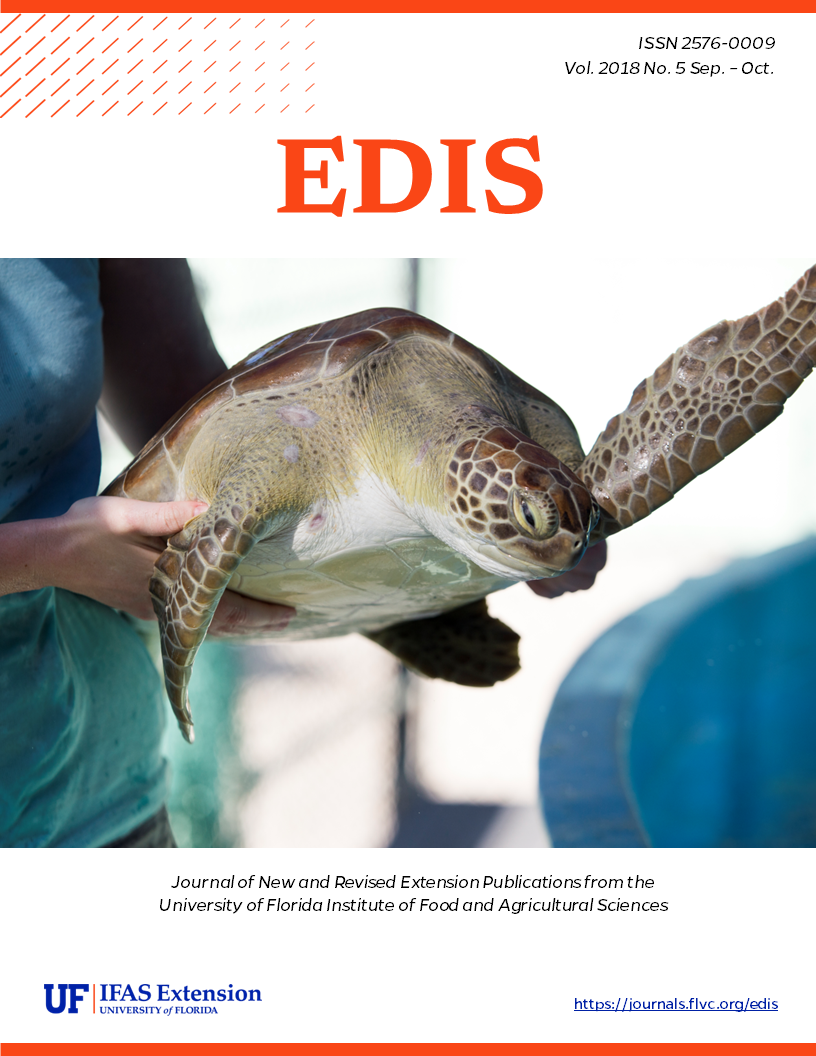Abstract
Recreational scalloping has become an increasingly popular activity within the Big Bend region of Florida and Hernando County is the southern extent of healthy, harvestable bay scallop populations. A previous study (Stevens, et al, 2003) found that the recreational scallop fishery generated 35 jobs and $1.6 million in economic impact to the economy of neighboring Citrus County in 2003. State resource managers and County administrators expressed a need to know how the recreational scallop season impacts the local economies.
References
IMPLAN Group, LLC. "United States Economic Data." http://www.implan.com/data/
Stevens, T., C. Adams, A. Hodges, and D. Mulkey. 2003. Economic Impact on the Re-Opened Scalloping Area for Citrus County, Florida-2003. FE493. Gainesville: University of Florida Institute of Food and Agricultural Sciences. http://edis.ifas.ufl.edu/fe493
Yarbro, L. A., and P. R. Carlson Jr. 2016. Seagrass Integrated Mapping and Monitoring Report No. 2. Florida Fish and Wildlife Research Institute Technical Report TR-17, version 2. Florida Fish and Wildlife Conservation Commission, St. Petersburg, Florida.
Unless otherwise specified, articles published in the EDIS journal after January 1, 2024 are licensed under a Creative Commons Attribution-NonCommercial-NoDerivs 4.0 International (CC BY-NC-ND 4.0) license.

